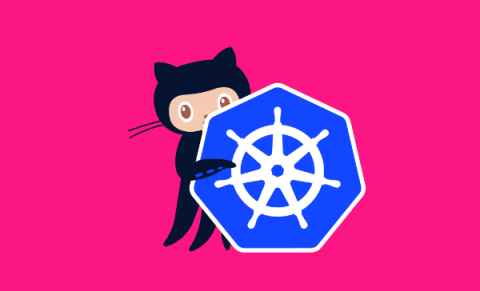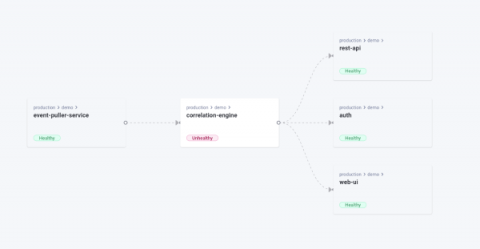Harnessing the Power of Metrics: Four Essential Use Cases for Pod Metrics
In the dynamic world of containerized applications, effective monitoring and optimization are crucial to ensure the efficient operation of Kubernetes clusters. Metrics give you valuable insights into the performance and resource utilization of pods, which are the fundamental units of deployment in Kubernetes. By harnessing the power of pod metrics, organizations can unlock numerous benefits, ranging from cost optimization to capacity planning and ensuring application availability.











